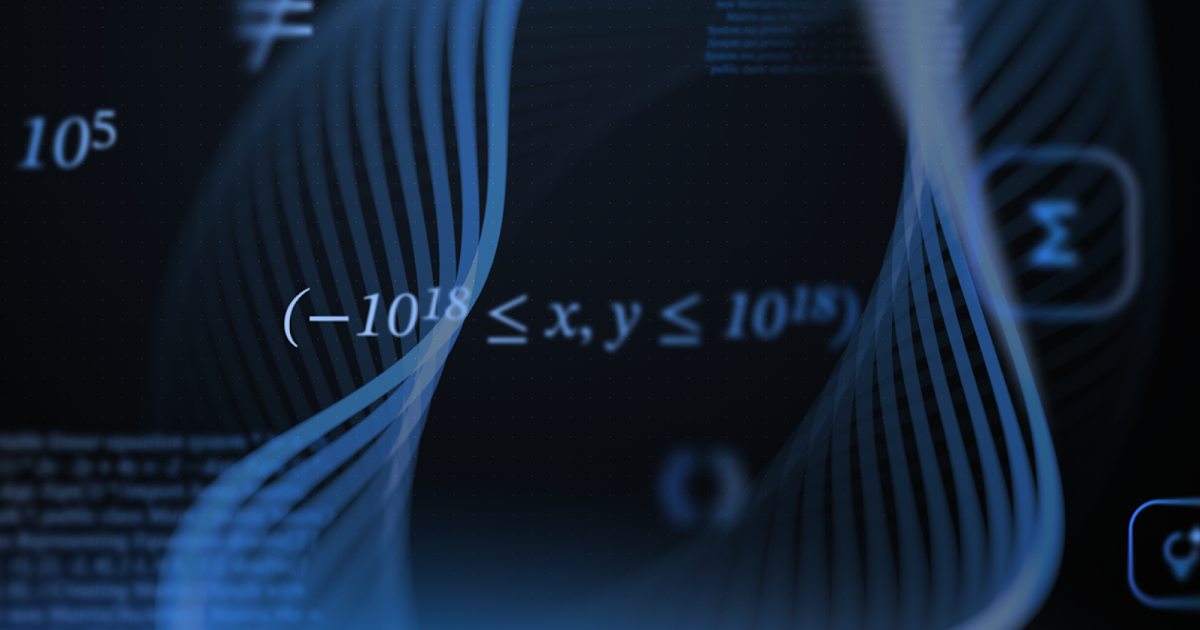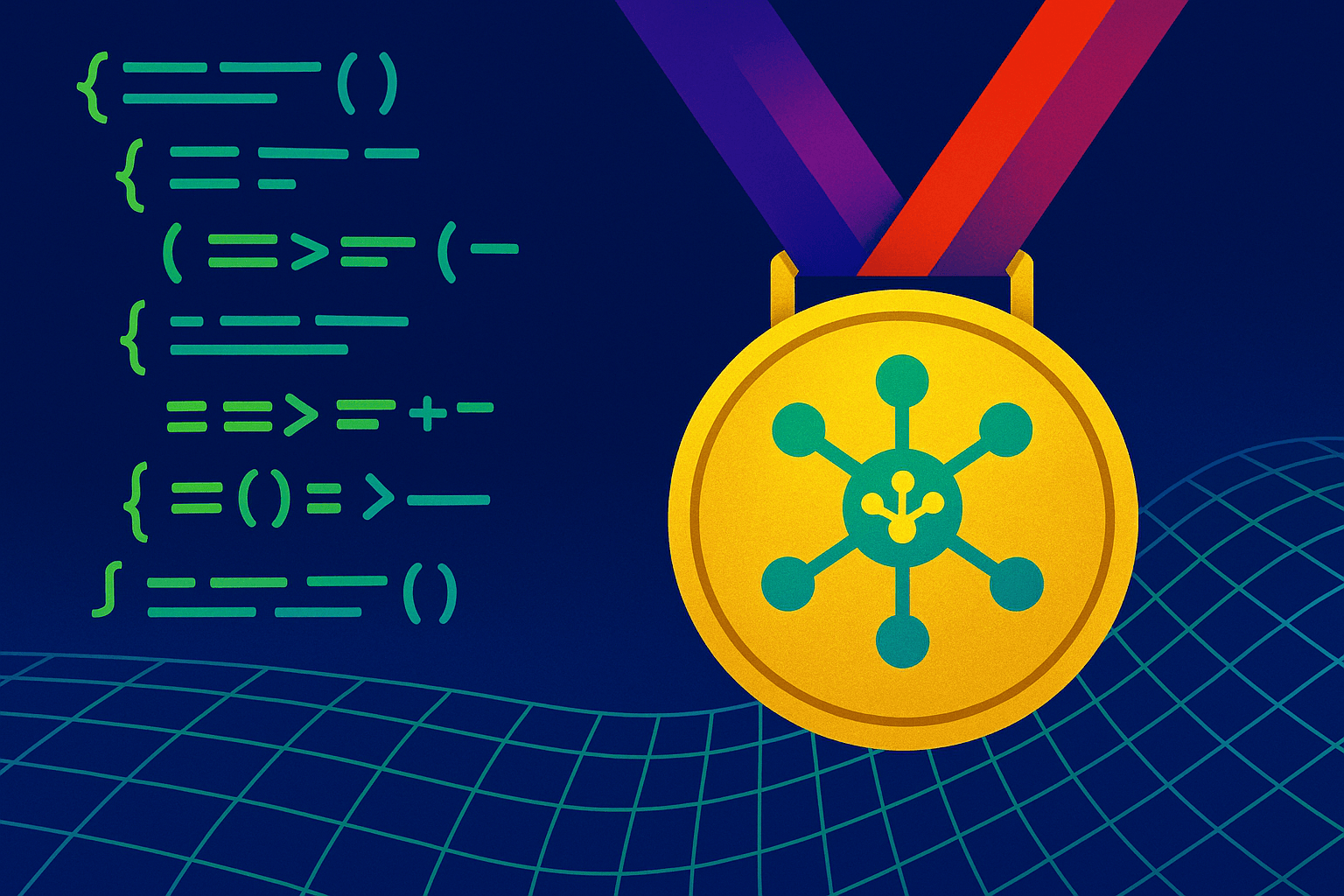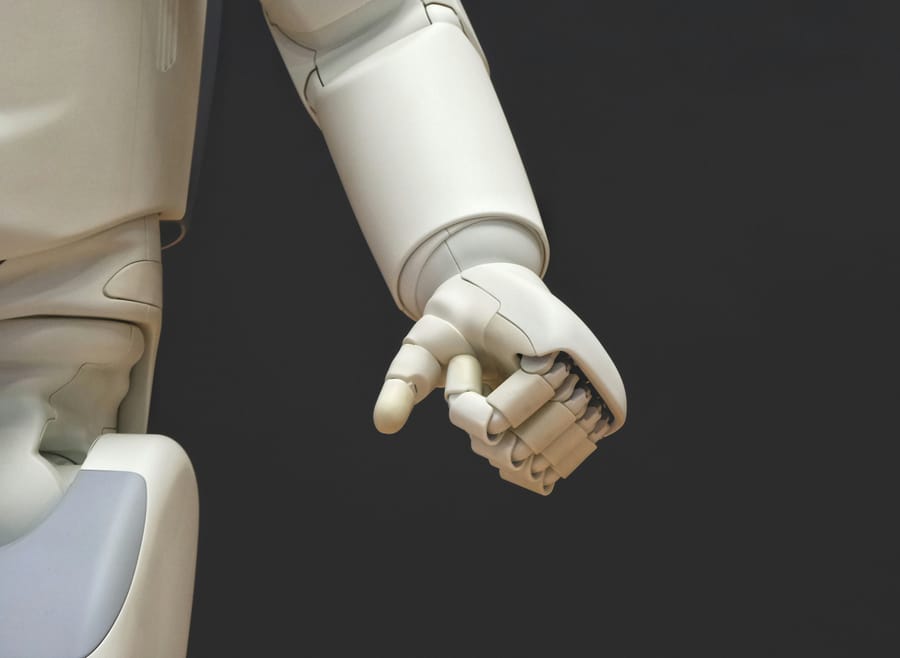An advanced version of Gemini 2.5 Deep Think achieved gold-medal level performance at the 2025 International Collegiate Programming Contest (ICPC) World Finals, which took place on 4 September in Baku, Azerbaijan. The ICPC is the world's oldest, largest and most prestigious programming competition at university level, where participants from nearly 3,000 universities and over 103 countries compete annually. Of the 139 finalist teams, only the top four won gold medals. Gemini solved 10 out of 12 problems correctly within the same five-hour time constraint, with a combined solution time of 677 minutes, which ranked second place overall. It solved eight problems within 45 minutes and two more within three hours, using a wide variety of advanced data structures and algorithms. Dr Bill Poucher, ICPC Global Executive Director, stated that Gemini's successful participation and achievement marks a key moment in defining the AI tools and academic standards needed for the next generation.
Gemini 2.5 Deep Think also solved a problem that no human team managed: one task required optimising a liquid distribution network, where the system had to find the fastest configuration to fill all reservoirs from an infinite number of possible configurations. The model found a solution by assigning each reservoir a priority value, then using a dynamic programming algorithm and applying the minimax theorem to find the optimal duct configuration. According to Google DeepMind, the performance combines advances in pretraining, post-training, reinforcement learning techniques, multi-step reasoning and parallel thinking. Google's internal studies show that a similar version of Gemini 2.5 Deep Think achieved gold-medal level performance in the 2023 and 2024 ICPC World Finals, performing as well as the world's top 20 competitive coders.
Gemini 2.5 Deep Think's achievement builds directly on the model's gold-medal win at the International Mathematical Olympiad (IMO) in July, and demonstrates a profound leap in abstract problem-solving capability, marking a significant step towards artificial general intelligence (AGI). The skills needed for the ICPC—understanding complex problems, devising multi-step logical plans and implementing them flawlessly—are the same skills needed in many scientific and engineering fields, such as designing new drugs or microchips. OpenAI also achieved gold-medal level performance: GPT-5 solved 11 of 12 problems with the help of an experimental reasoning model, whilst the reasoning model solved the final and most difficult question independently, which would have secured first place.
Sources:
1.

2.

3.











